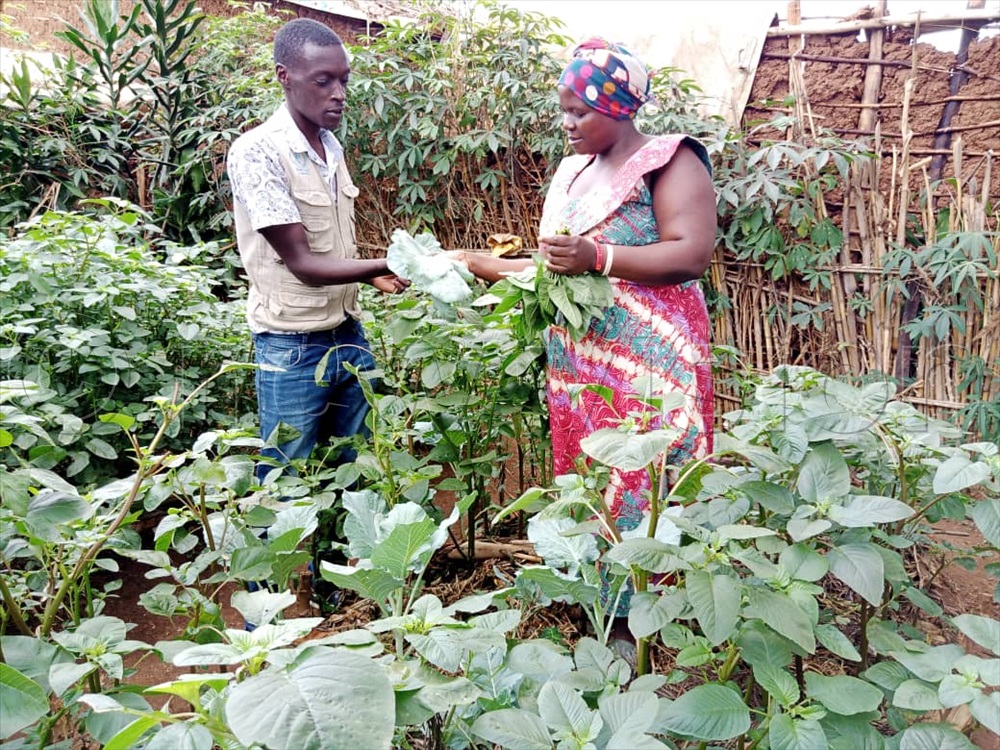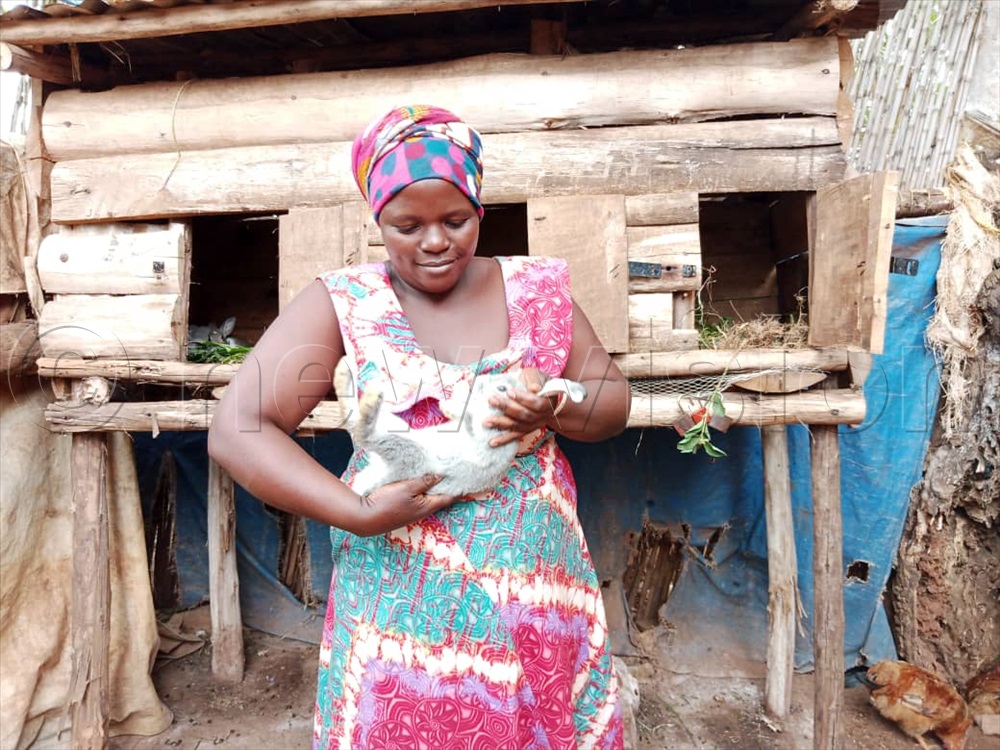By Ritah Mukasa
Today June 20, Uganda joins the world to celebrate International Refugee Day under the theme; Hope away from home.
Uganda is Africa’s largest refugee hosting country with over 1.5 million refugees from DR Congo, South Sudan, Rwanda, Burundi, Somalia and Eritrea. They are in 13 settlements and camps.
However, since 2020, World Food Programme (WFP) has been grappling with funding shortages, forcing it to cut relief food to those refugees.

Many are devastated but some have refused to wallow in self-pity. They have embraced urban farming to survive.
One such is Safinah Mukandaisenga 37 who fled war in DR Congo in 2012.
She entered Uganda with her husband and two children and resettled in Kyempango A3 village in Rwamwanja refugee settlement, Kamwenge district.
The couple currently has four children and up to last year, they were living off monthly food rations from WFP.
“The food would take us only two weeks. The rest, we worked in nationals’ gardens for the day’s food which was sometimes not enough,” she says.

However, when Mukandaisenga learnt of the aid cut in 2020, she started thinking out of the box.
She joined a community care group and became a volunteer lead mother with Medical Teams International (MTI) an organization that offers medical care to people in crisis.
She would teach mothers to make kitchen gardens and to care for their children to fight malnutrition and stunting. With time, she also started her own vegetable gardens at home.
“I now sell vegetables to buy necessities. I also saved and started trading in tomatoes and silverfish,” she says.
More to that, she built a retail shop at her home and rears rabbits plus poultry. She has 14 rabbits and 17 layers. She sells each adult rabbit at sh30, 000.
“We have a steady supply of vegetables and besides, I can ably pay my children’s school fees,” she says.





